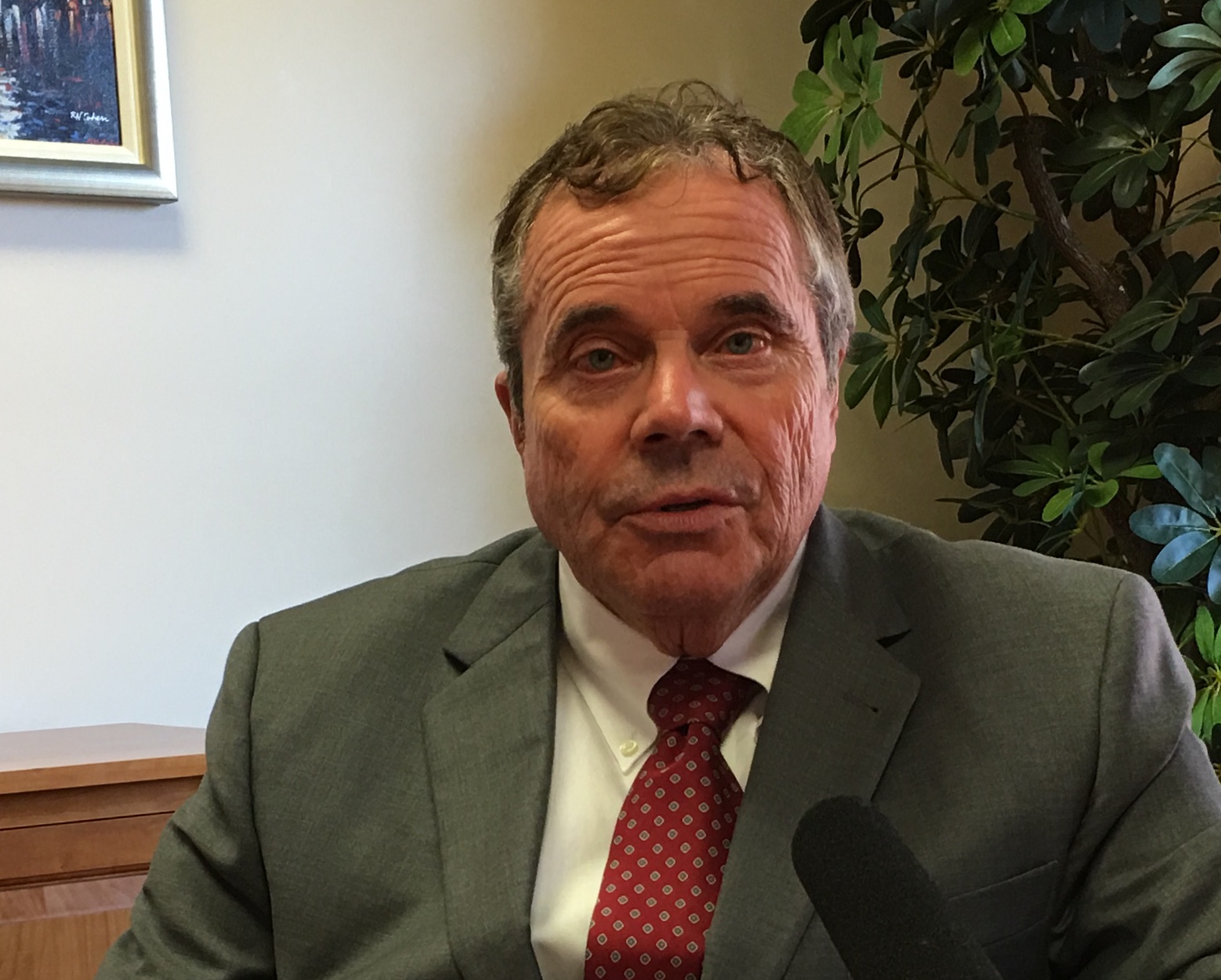After a years-long investigation and building public anticipation, the Justice Department filed an antitrust complaint against Live Nation Entertainment, arguing the Ticketmaster parent company has reduced competition and caused higher ticket prices and fees. “It is time to break up Live Nation-Ticketmaster,” said Attorney General Merrick Garland.
The Justice Department says Live Nation-Ticketmaster has successfully threatened competitors, retaliated against venues that work with rivals, and eliminated competitive threats by acquiring rivals. In one example, a Live Nation executive wrote in an email that an acquisition was “a defensive move” against AEG, a competitor.
Though many experts and consumer groups warned at the time it would harm competition, in 2010 the Justice Department allowed Live Nation’s acquisition of Ticketmaster to proceed with conditions outlined in a consent decree.
But this only makes sense if the conditions are enforced.
Fast forward nearly 10 years, and the Justice Department felt compelled to modify and extend the consent decree after it found Live Nation repeatedly violated the agreement over the course of several years.
At that time, the Justice Department accused Live Nation of leveraging its market share in the primary ticketing market and its significant ownership of venues to force artists and venues to use its promotion and ticketing businesses. It also said Live Nation threatened venues that it would withhold tours under its control if they did not use Ticketmaster.
Clearly, the department has provided multiple opportunities for this experiment in mass consolidation of the ticketing and live events industry to work. But Live Nation’s repeated abuses show the experiment has failed and that new corrections are necessary.
One of the top Justice antitrust officials who led the agreement allowing Live Nation and Ticketmaster to merge now agrees the lawsuit is needed.
“Ticketmaster’s use of anticompetitive contracts that blocked competition makes a break up now necessary,” Gene Kimmelman said after the filing. “Efforts to use less severe constraints clearly have not been sufficient to open the ticketing market to competition.”
Live Nation can get away with these business practices because of its overwhelming size across all segments of the live events industry. The Justice Department says Ticketmaster accounts for about 80 percent of the primary ticket market and also commands 20 percent to 25 percent of the resale market. In addition to primary and secondary ticketing, Live Nation owns or controls 265 concert venues in North America according to the lawsuit.
On top of this, the company is the world’s largest promoter of musical artists, working with more than 450 of them. In that role, Live Nation organizes all facets of a concert tour, including dates, travel, and venues.
With its significant business presence in all segments, Live Nation can book its own concerts at its own venues while hiring its own ticketing company to sell tickets — in the primary market and in the resale market. Venues and artists who resist are subject to being boxed out of the most desirable shows. As the Justice Department says in its filing, “Live Nation has its tentacles in virtually every aspect of the live entertainment industry.”
Consumers now have hope that the Justice Department lawsuit will finally address this issue. Thirty state and district attorneys general of both parties joined the Justice Department’s lawsuit. This is an entirely appropriate move that is in the best interest of consumers.
In fact, the long bipartisan list of attorneys general who joined the complaint stands in contrast to those who call this a political move and instead reflects how widespread and detrimental Live Nation-Ticketmaster’s abuses have been for ticket buyers.
The market is clearly in need of correction when live event venues — from small, independent halls to the country’s largest arenas — are being effectively coerced into exclusive agreements with Live Nation. And fans are left in the dark on this expansive web of exclusive contracts that allow Live Nation to control things like how many tickets are actually allocated.
This will continue until the Justice Department stops Live Nation from weaponizing exclusivity arrangements, limits the use of restrictive technology, and develops new solutions that create meaningful change in the live event ticketing marketplace.
The Justice Department’s lawsuit was the right step, and its leaders should be commended for making the jump. They can deliver for consumers who simply want to enjoy a show without having to pay exorbitant sums to a monopoly.


